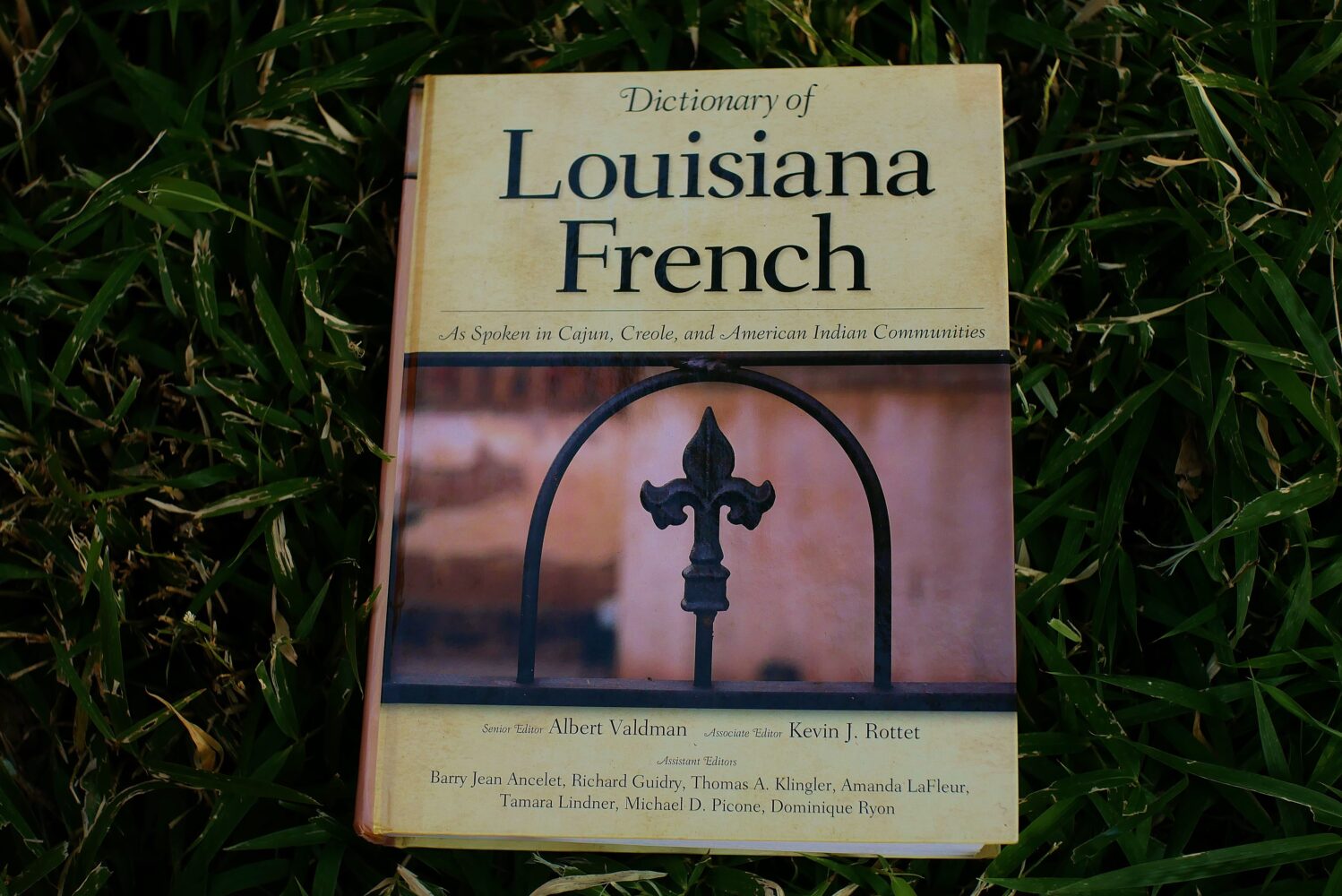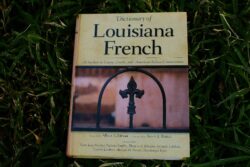An Incredible Resource
The Dictionary of Louisiana French as accomplishment and aid
Published: November 29, 2020
Last Updated: February 28, 2021

Council for the Development of French in Louisiana
While previous attempts at codifying the language were often the work of an individual, this dictionary was created by a team that mixed Louisiana-born activists and outside linguistic scholars. The collaborative nature of the project meant that everyone involved had to agree on a writing system; no one wants to use an inconsistent, incomprehensible dictionary. The three native Louisianan co-editors—Barry Jean Ancelet, Amanda LaFleur, and the late Richard Guidry—spent many evenings debating spellings and grammar around a kitchen table. “The arm-wrestling matches got interesting,” Ancelet joked. “But working together was invaluable; it forced us to come up with vetted compromises.” The project benefited from the diversity of opinion, and the resulting dictionary is systematic in its approach while accepting alternative spellings and variable pronunciations where appropriate.
Marie Ducote stands as one interesting case study of the DLF’s real-world impact. After a career in education, Ducote pivoted into the tourism sector and opened Cajun Food Tours eight years ago. Almost daily, she recounted to clients the story of the decline of the French language in Louisiana and in her own family; she is part of the generation that grew up hearing French in day-to-day life, but who didn’t acquire it themselves. “The more I told that story to people, the more it started to frustrate me,” she explained. “There’s no reason for me to just use that as an excuse anymore: ‘Well, they didn’t teach me French, so therefore no one else in my family ever again is going to speak French.’”
She decided to teach herself the language, and made quick progress using language software, books, and French tables (informal conversation groups that take place throughout the state). It was at one of these French tables that she learned about the DLF. Many of the resources Ducote had been using to learn the language relied on an international or standardized dialect, and she quickly realized that the unique character of Louisiana French was missing. “I recognized that it doesn’t feel right for here. My grandmother wouldn’t say it like that.”
As for Ducote’s ultimate goal in learning the language of her ancestors, she has a decidedly forward-looking perspective: “I’m hoping that when I have grandkids, I could speak just French to them, so they grow up feeling like it’s a part of their identity. That’s my motivation.”
The Council for the Development of French in Louisiana (CODOFIL) is a state agency in the Department of Culture, Recreation, and Tourism tasked with the development and promotion of the French language in Louisiana. For more information on CODOFIL, visit www.codofil.org or email [email protected].
